
Advocates with the Civil Society Movement – Private Sector Malaria Prevention Project – have taken up the challenge to champion malaria control and prevention programs across farming communities in six regions of Ghana.
Research by some civil society bodies in Agriculture point out that far from the concerns of uncertain rainfall patterns; pests and diseases; the female Anopheles Mosquito – the very one which causes malaria is threatening food security.
According to the research, malaria stricken farming communities are said to be losing as much as 60% of their produce due to days spent at home for treatment.
In malaria endemic countries Ghana inclusive; small holder farmers afflicted by malaria lose as many as 22 productive working days a year and this should be costing you and I some 60% loss of food.
Business technical advisor of the project Teteh Odum has been meeting farmers, civil society organisations and businessmen to fashion out ways of reducing the burden of malaria on farmer households to cut back on these harvest losses.
Speaking to Ultimate News on the sidelines of a stakeholder engagement, he indicated that research has shown that businesses that have invested in malaria prevention for farmers have seen remarkable increases in agricultural productivity. If you are an agric input producer or even an exporter, you tend to lose when the farmers are unwell and are unable to produce their due.”
Area Coordinator of the Peasant Farmers Association Samuel Oracca Tetteh who has already started championing malaria prevention among his union members, underscored the critical need for the health of the Ghanaian farmer to be prioritized in Ghana’s healthcare discourse.
“These initiatives are very important because malaria is such an illness which affects productivity because you may not be able to go to the farm and definitely at the end of the day, since you are the primary producer of all the produce as a farmer, the whole nation suffers. We are sending this down to our farmers through education and sensitization to prevent themselves from contracting malaria,” He explained.
The dire consequence of malaria on food security has already jolted Private Sector Players to support this course as part of their social corporate investments.
Mrs Mary Margret, Manager of COMIRI Ghana, an herbal medicine and farmer advocacy organisation told reporter Ivan Heathcote Fumador, “The government cannot do this alone to help farm-families deal with the situation because malaria prevention is very expensive. It is very good for private sector players and NGO’s to help government activities because we go to the communities and talk to them on certain issues that will prevent malaria infestation in such critical farming communities.”
These workshops which are expected to reduce the burden of malaria on farmers and agribusinesses in regional workshops is being organised under the auspices of the Johns Hopkins Centre for Communication Programs, with funding from UK-DFID.
The workshops are organized in collaboration with the Regional Directorates of the Ministry of Food and Agriculture in six regions namely Ashanti, Brong Ahafo,Central, Eastern, Northern and Western Regions.
By:Ghana/Ultimatefmonline.com/106.9FM/Ivan Heathcote – Fumador
The post PSMP preserves food security through malaria prevention in farming communities. appeared first on Ultimate FM.
Read Full Story
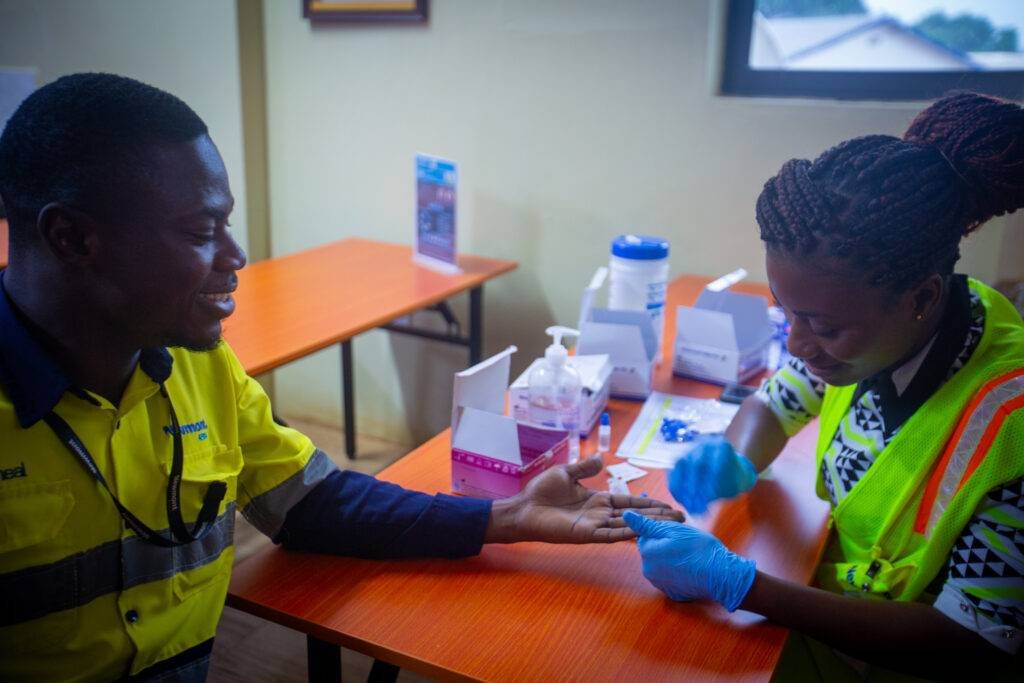



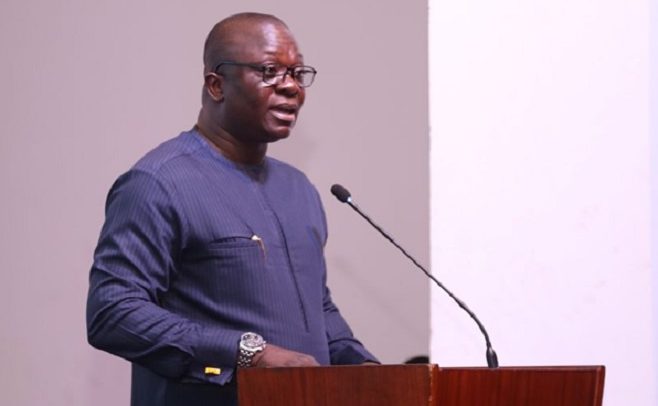

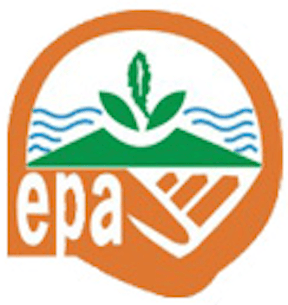









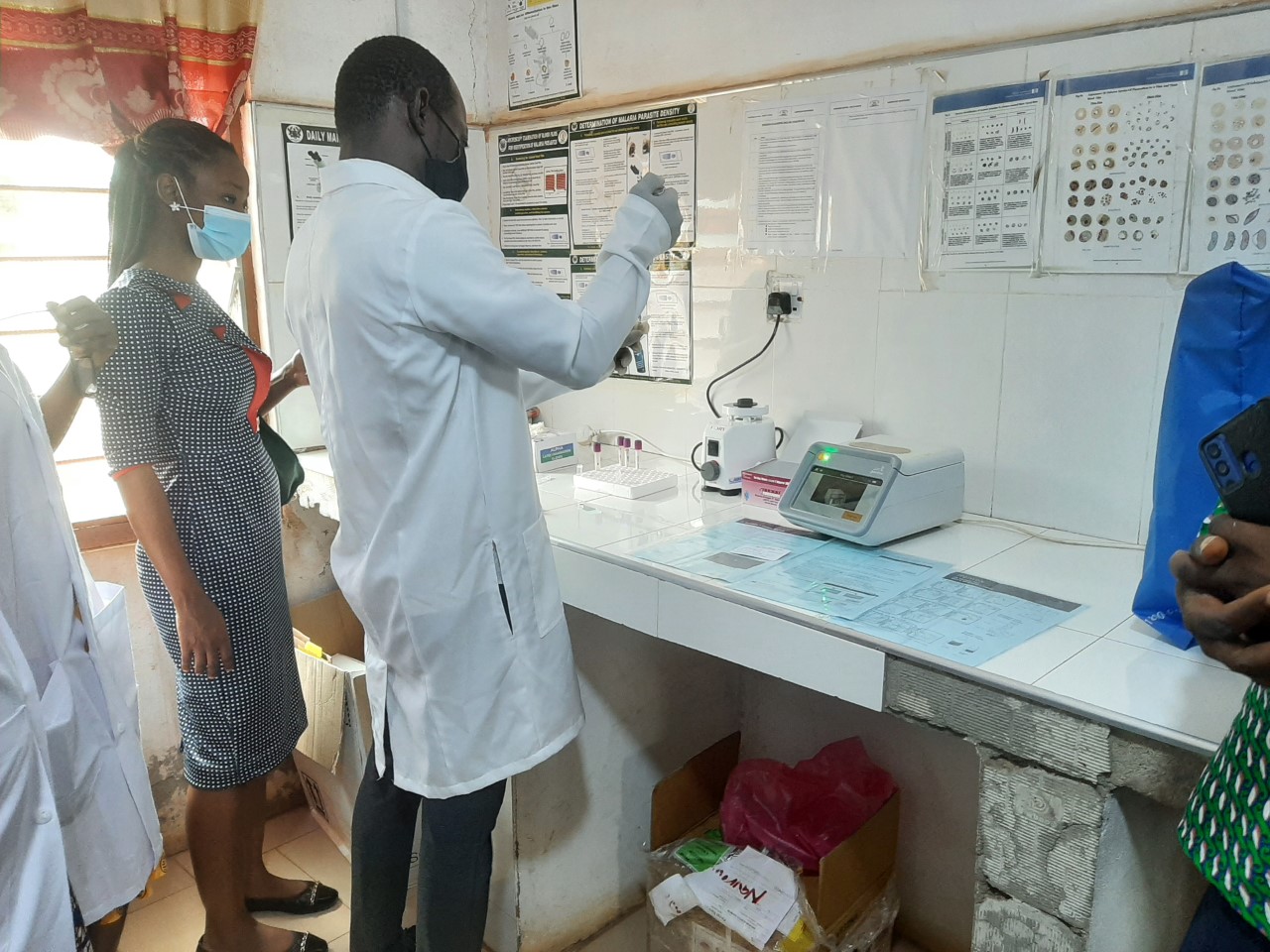

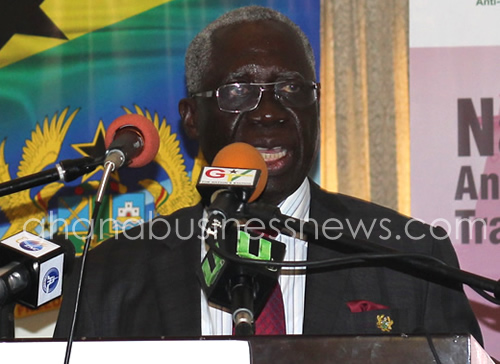
Facebook
Twitter
Pinterest
Instagram
Google+
YouTube
LinkedIn
RSS